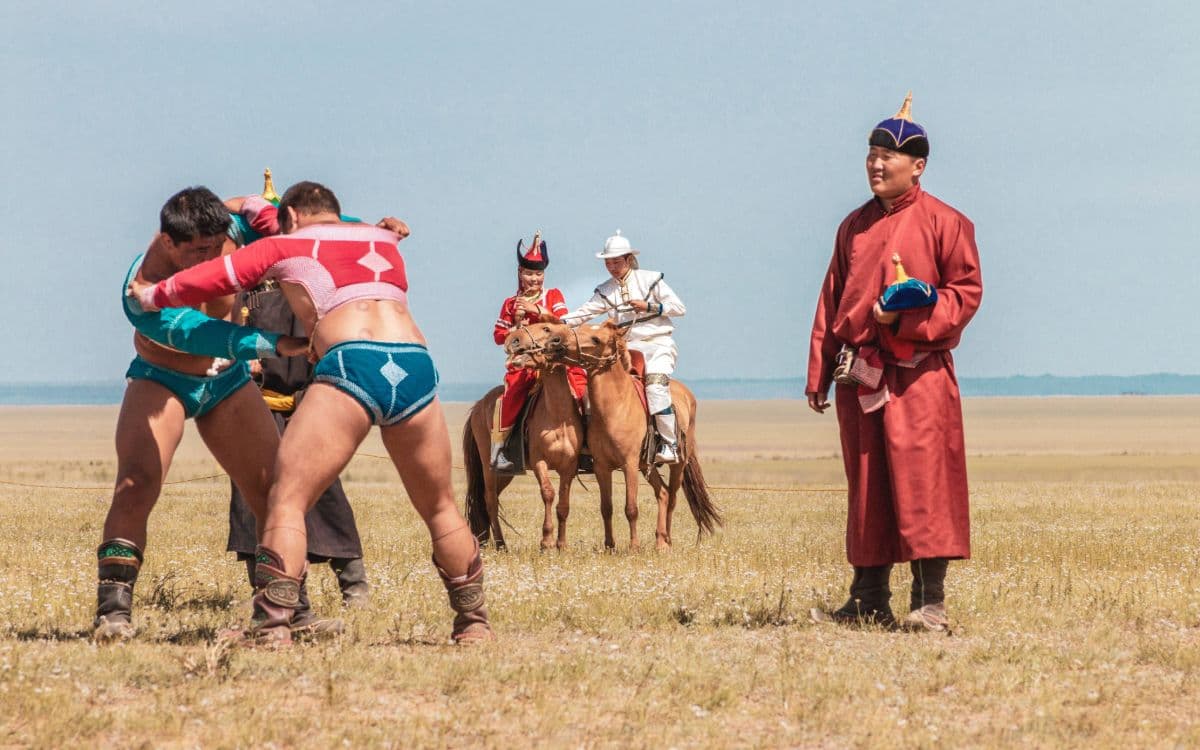Wanderlust

Subscribe to our mailing list
Literary Journeys for the Discerning Traveler
At Wanderlust we believe that travel makes the world a better place. It enlarges our hearts and minds, and forges connections that cultivate understanding, goodwill, and peace. We hope that this passionately curated collection of dispatches from the field, essays, tales, photo portfolios, and expert tips will whet your wanderlust with information and inspiration. Thank you for journeying with us!









